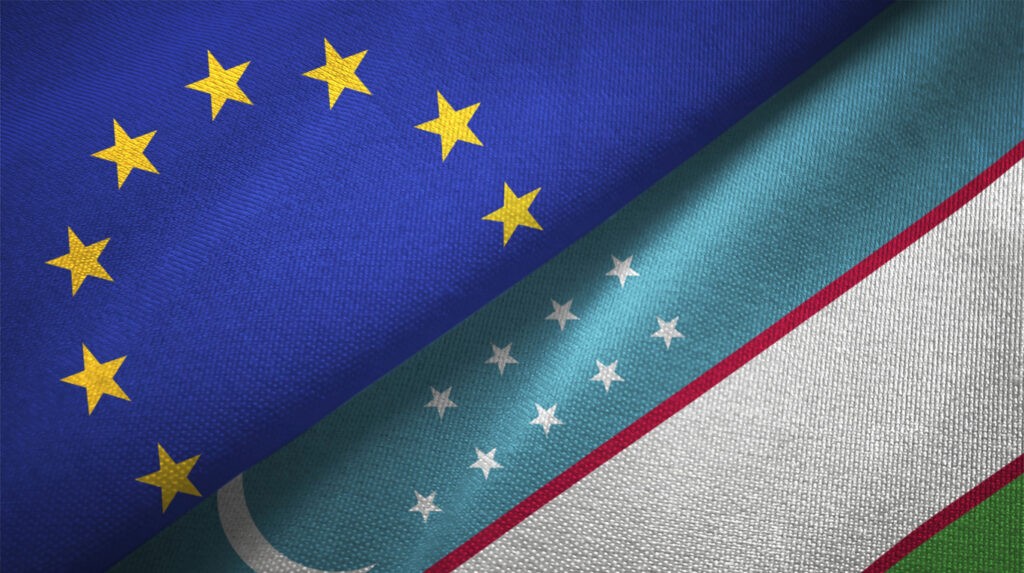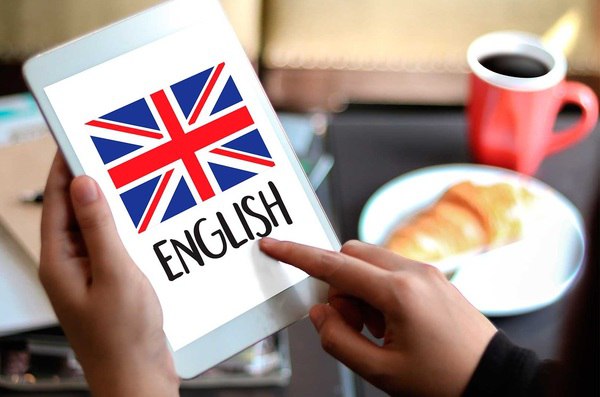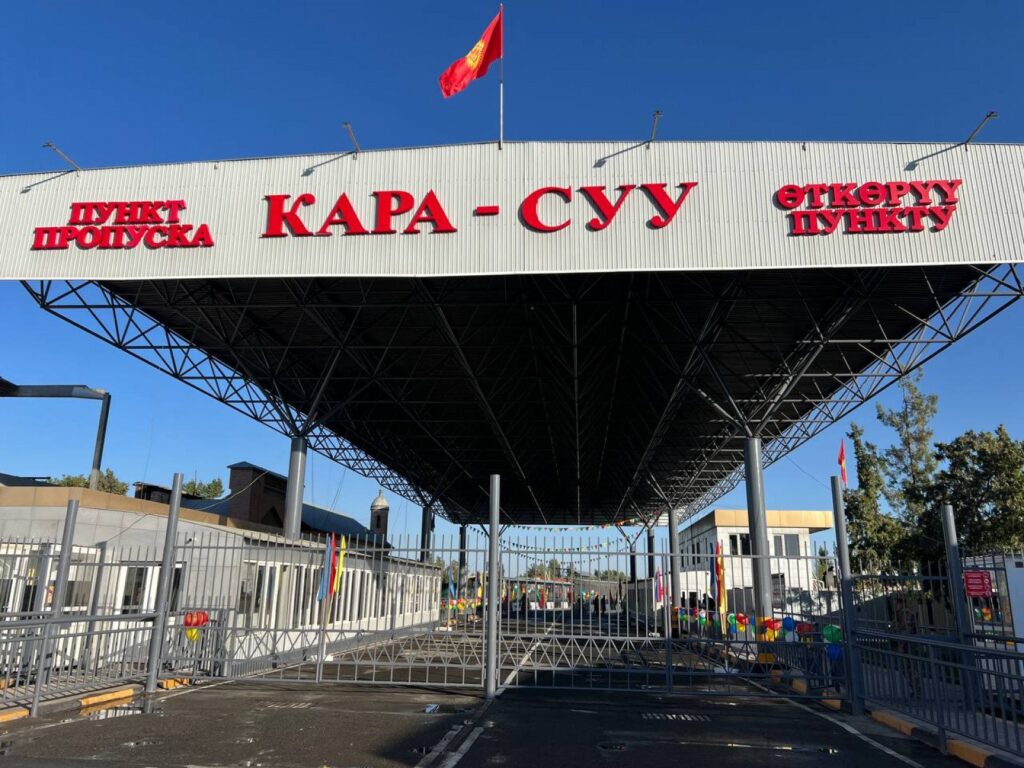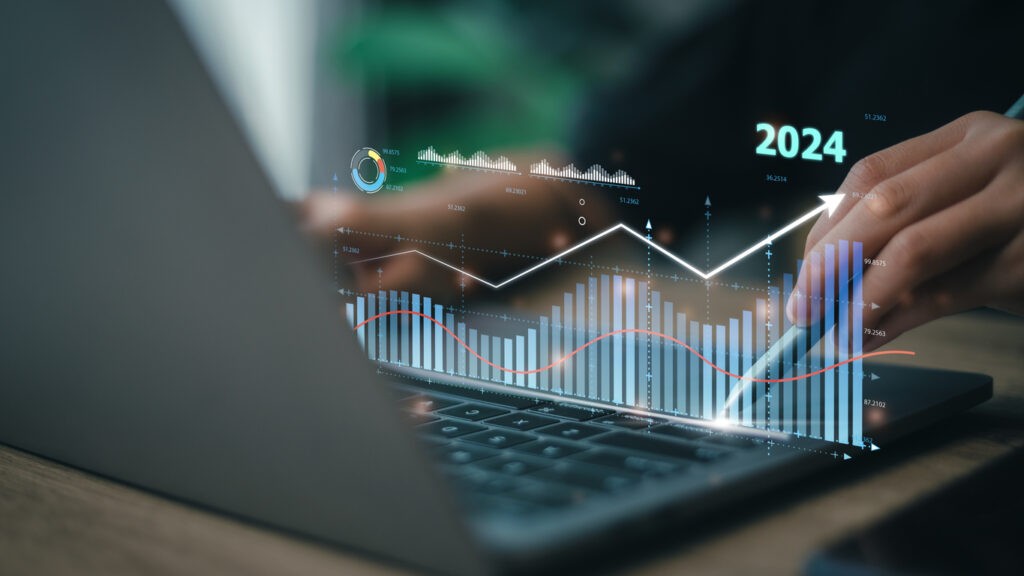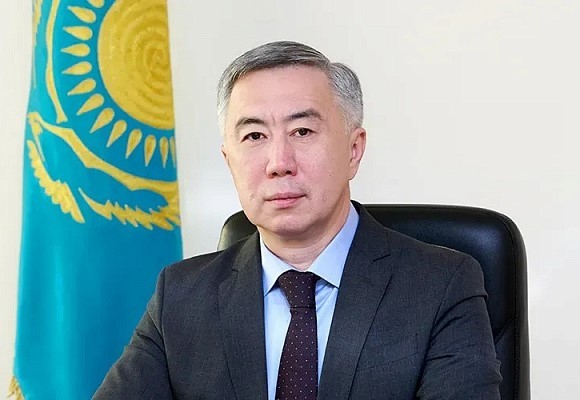TASHKENT (TCA) — The European Union is Uzbekistan’s fourth largest trade partner after China, Russia and Kazakhstan, with 12 percent of the country’s total trade accounting for EU member states, Ambassador Eduards Stiprais, Head of the Delegation of the European Union to Uzbekistan, said last week at a meeting of the American Chamber of Commerce (AmCham) in Tashkent.
In 2015 (statistical data on EU trade with the world for 2016, including with Uzbekistan, will be released by Eurostat only in the spring this year) bilateral trade reached EUR 1.793 billion, the Delegation of the European Union to Uzbekistan reported on its website. Uzbekistan’s import from various EU Member States was worth EUR 1.546 billion, while export to these countries allowed it earning EUR 246 million. Germany is the biggest trade partner of Uzbekistan among EU Member States. Its trade with Uzbekistan was worth around EUR 440 million in 2015.
The top three product groupings which Uzbekistan imported from EU Member States were machinery and transport equipment (EUR 608 mln), chemicals and related products (EUR 421 mln, of which pharmaceutical was EUR 278 mln), as well as food and live animals (EUR 123 mln). Meanwhile, the country mostly exported to the EU agricultural products (EUR 23 mln), textiles and clothing (EUR 35 mln), chemicals, raw materials and minerals (EUR 177 mln).
Both sides admit that the current level of trade is unsatisfactory, and they take efforts to increase it, Ambassador Stiprais said.
He said Uzbekistan benefits from the EU’s Generalised System of Preferences (GSP), which grants developing countries non-reciprocal access to the European market. The GSP is designed to encourage growth in developing countries. It ensures that Uzbek exporters pay lower or no duties on some or all of the products they sell to the EU.
Ambassador Stiprais said that at the moment the sides are also discussing an opportunity of establishing a Business and Investment Council. Besides officials it will involve both Uzbek entrepreneurs and representatives of EU firms and companies. This body will facilitate their dialogue and enhance bilateral business links.
The EU stimulates export of Uzbekistan’s key products by removing barriers for their access to the European markets. In December 2016 the European Parliament approved the Textile Protocol to the PCA. The document is designed to improve trade in cotton and textile products through decrease of customs duties for imported goods from this grouping from Uzbekistan, making easy their trade in the territory of the EU for Uzbek manufacturers.
The Ambassador also said that the EU provides millions of euros of financial assistance to Uzbekistan every year, primarily aimed at promoting economic development.
For the period 2014-2020, financial aid for Uzbekistan amounts to €168 million. EU development assistance for Uzbekistan between 2014 and 2020 is concentrated on rural development. Goals include poverty reduction and wealth creation in rural communities, the improvement of quality of life, living standards and food security of people residing in isolated or sparsely populated areas, and the protection of natural resources.
Vegetables and fruit produced in Uzbekistan may also be exported to European markets. It will become possible taking into account their compliance with technical, phytosanitary and ecological requirements and rules set in the EU. That will also be reached thanks to the above mentioned projects, the Ambassador said.
